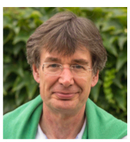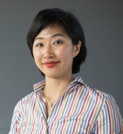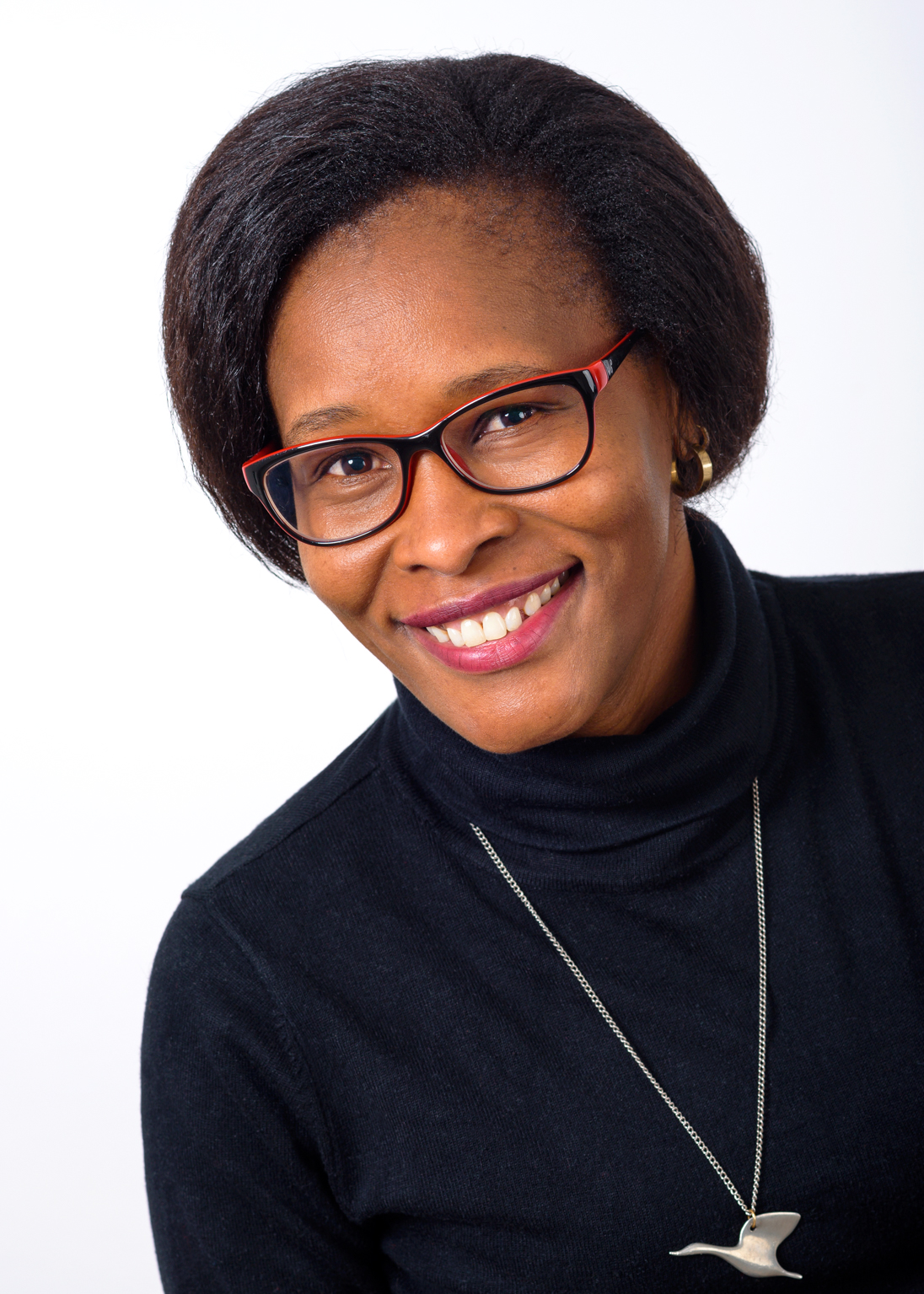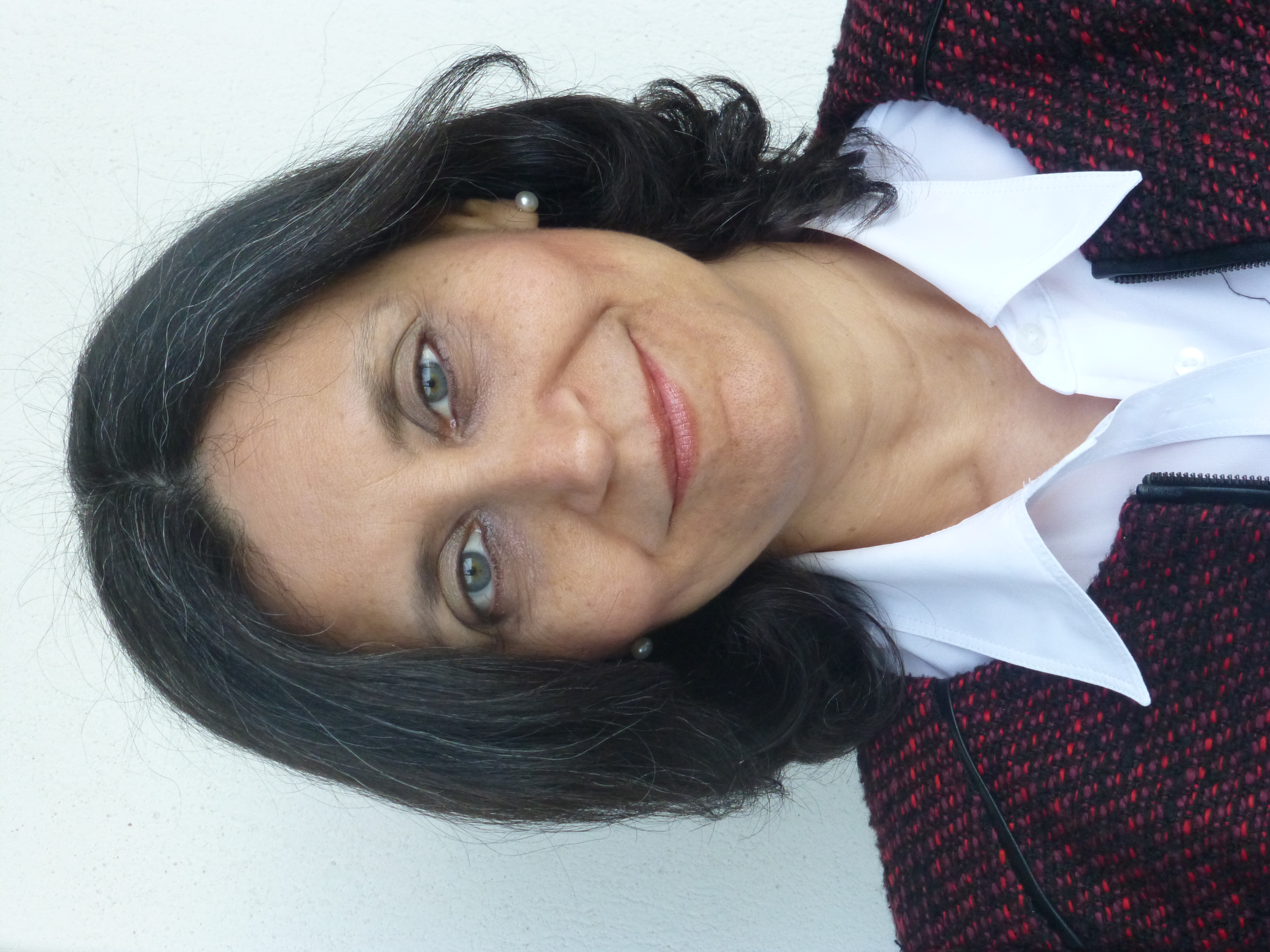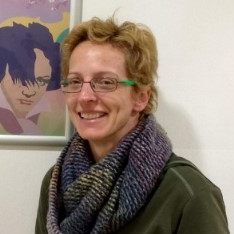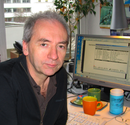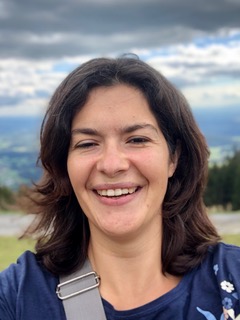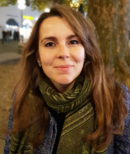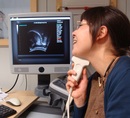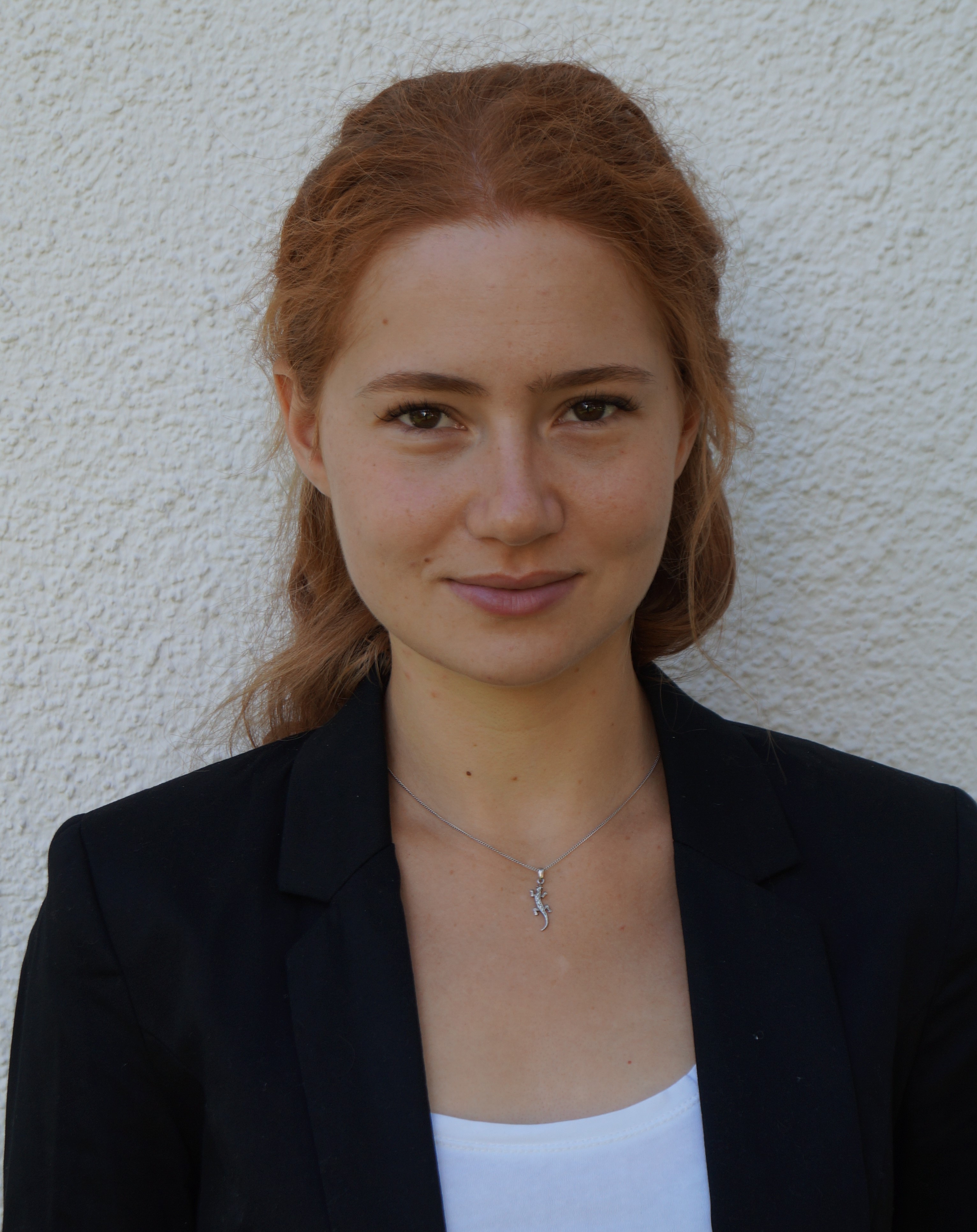SoundAct:
The Actuation of
Sound Change
ERC Advanced Grant
no. 101053194 (2023-2028)
In William Shakespeare's times, 'knee' and 'knot' were pronounced with a /k/, just like German does today. But why did English and not German drop the /k/? This question is part of the actuation of sound change, recognised as one of the greatest challenges in linguistics, and which is about explaining why sound change happens, and why languages can follow such different paths of sound change. The actuation puzzle remains unsolved principally because the beginning of sound change is so gradual that it is undetectable even with modern instrumentation. Yet a breakthrough is essential for explaining why languages split and diversify. The project remedies this deficiency by determining how the cognitive mechanisms that control human speech processing, the social factors that bind individuals together, and the phonetic properties that shape a community's dialect, can, in combination, cause the sounds of the world’s languages to become unstable and change. The methodological innovation is to recast the elusive actuation puzzle as an empirically tractable transformation of an input (A) into an output (B). Here A and B are two closely related, geographically proximal, living dialects whose sound patterns differ in whether one or more common sound changes have taken place. The actuation puzzle is then solved with experiments in human speech imitation and computational modelling in order to estimate which combination of cognitive, social, and phonetic factors transforms A into B. Generalisation is achieved by selecting dialect pairs from Bantu, Indo-European, and Japanese languages that differ markedly in their sound patterns and sociocultural background. The wider scientific impact lies in the commonality with many disciplines including ecology, economics, and geoscience in understanding complex systems (here: language) in which interactions between sub-components (here: communicating speakers) cause transitions (here: sound change) that are unevenly distributed in time.
people
Our team is composed of people coming from diverse fields of specialties:
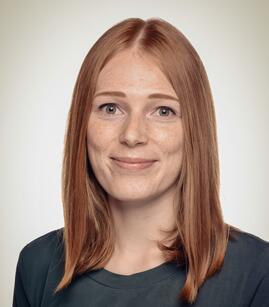
Mona Franke, Dr. phil.
Rosa Carlos
Lisa Düringer
Jana Freudenberger
Yulei Ji
Ronja Marschner
Franziska Muck
Susanne Riedl
Magdalena Saumweber
publications
Cunha, C., Hoole, Ph., Voit, D., Frahm, J. and Harrington, J. (2024).
The physiological basis of the phonologization of vowel nasalization:
A real-time MRI analysis of American and Southern British English.
Journal of Phonetics, 104.
doi: 10.1016/j.wocn.2024.101329
Greca, P., Gubian, M. and Harrington, J. (2024).
The relationship between the coarticulatory source and effect in sound change: evidence from Italo-Romance metaphony in the Lausberg area.
Laboratory Phonology, 15(1), pp. 1-54.
doi: 10.16995/labphon.9228.
Bressensdorf, L., Greca, P., Harrington, J. (in press).
Agent-based modelling, sound change, and metaphony in Southern Italian varieties of Italo-Romance.
Interspeech, Rotterdam.
Burroni, F. and Greca, P. (2024).
An exploratory investigation of phonological and phonetic length contrasts perception in Italian vowels and consonants. Proc. Speech Prosody 2024, 447-451, Leiden, The Netherlands. doi: 10.21437/SpeechProsody.2024-91
Cunha, C., Kanana, F., and Harrington, J. (2023).
Variation and palatalisation in the production of the plural prefix in Meru: a study of three dialects.
Proceedings of the 20th International Congress of the Phonetic Sciences, Prague, Czech Republic.
Greca, P. (2023).
Perception of metaphony: a comparison between two dialects of the Lausberg area (southern Italy).
Proceedings of the 20th International Congress of the Phonetic Sciences, Prague, Czech Republic.
Bučar Shigemori, L. S., Franzke, R., and Hoole, P. (2023).
Articulatory and acoustic analysis of coarticulated /u/ and /y/ produced by female and male speakers of German.
Proceedings of the 20th International Congress of the Phonetic Sciences, Prague, Czech Republic.
Greca, P., Burroni, F., & Harrington, J. (2025): Does VtoV coarticulation always require “look-ahead”? Evidence from an EMA and acoustic study of Campanian Italian. Oral presentation,
PaPE 2025, Palma de Mallorca, Spain.
[Abstract]
Bučar Shigemori, L. S. and Asano, Y. (2025): Tonal sound change in Kagoshima Japanese: Production of monosyllabic words. Poster,
TAI 2025, Herrsching, Germany. doi: 10.21437/TAI.2025-10.
[Abstract]
Kapia, E., Riverin-Coutlée, J., Cunha, C. and Harrington J. (2024).
Testing the structure preservation and phonetic preservation approaches to compensatory lengthening. Poster,
LabPhon 19, Hanyang University, Seoul, South Korea.
[Abstract]
Cunha, C., Harrington, J. and Hoole, Ph. (2024).
The contribution of voicing to coarticulatory nazalization in two varieties of English. Poster,
13th ISSP 2024, Autrans, France.
[Abstract]
Cunha, C., Harrington, J. and Hoole, Ph. (2023).
Are vowels more nasalized in American than in British English? Poster,
P&P 2023, Bern, Switzerland.
[Abstract]
Cunha, C., Kanana, F. and Harrington, J. (2023).
Explaining variation in three dialects of Meru, Kenya. Oral presentation,
PaPe 2023, Radboud University, Nijmegen, Netherlands.
[Abstract]
data
All data connected to this ERC project will be made accessible to researchers upon request. We will collect large data bases of several languages that will be thoroughly transcribed and analysed.
The data management plan can be viewed here.
press
Research from this ERC project has been featured in the following articles online:
- BBC Future: Is there something special about the human voice? (25 November 2024)
- Hindustan Times: Window on the word: Why do accents form and why do they matter? (30 March 2024) Full article available upon request to jmh@phonetik.uni-muenchen.de or at /vdata/ERC3/Press/hindustan_times_30042024.pdf
- China Daily: Polar linguistic evolution. (20 March 2024)
- Fox News: Scientists, isolated in Antarctic lab for months, began to develop their own accent. (29 February 2024)
- BBC Future: Isolated for six months, scientists in Antarctica began to develop their own accent (23 February 2024)
- Live Science: "Will future colonists on the moon and Mars develop new accents?" (04 February 2024)
- ERC: "Advanced Grants 2021 – highlighted projects" (26 April 2022)
- Bayerische Staatsregierung: "Fünf Forscherinnen und Forscher aus München und Erlangen erhalten europäische Top-Förderung" (26 April 2022)
- LMU Munich: "Drei neue ERC Advanced Grants an der LMU" (26 April 2022)
- Tweet by EU in Australia: "Sound of Success" (26 April 2022)
funding
This research is funded by European Research Council Grant no. 101053194:
The Actuation of Sound Change (2023-2028)
Awarded to Prof. Jonathan Harrington

